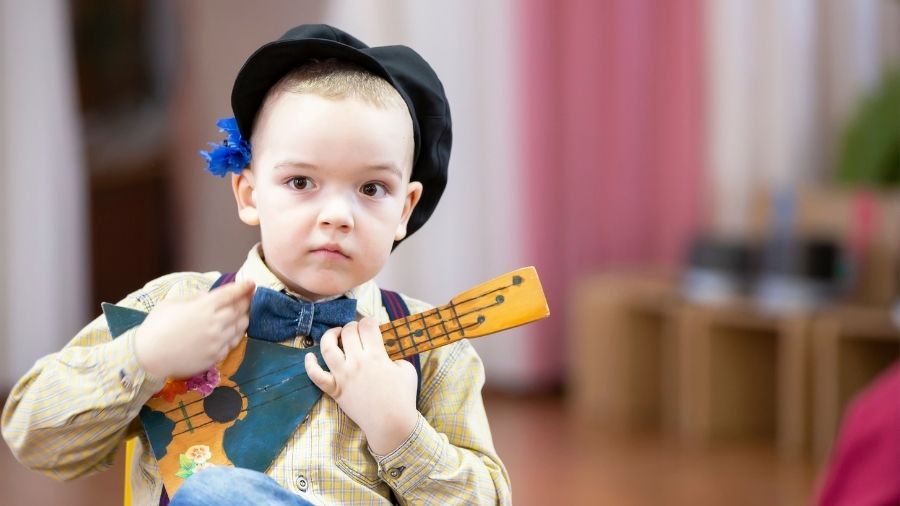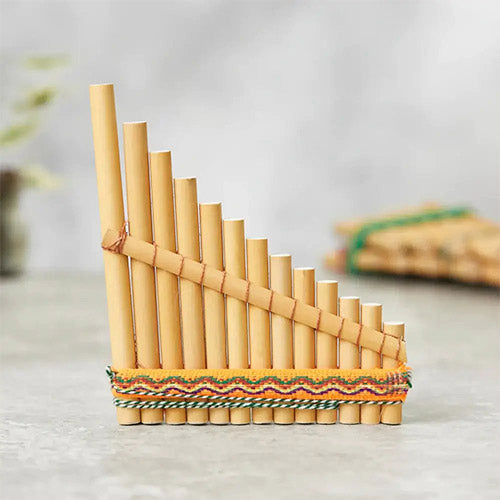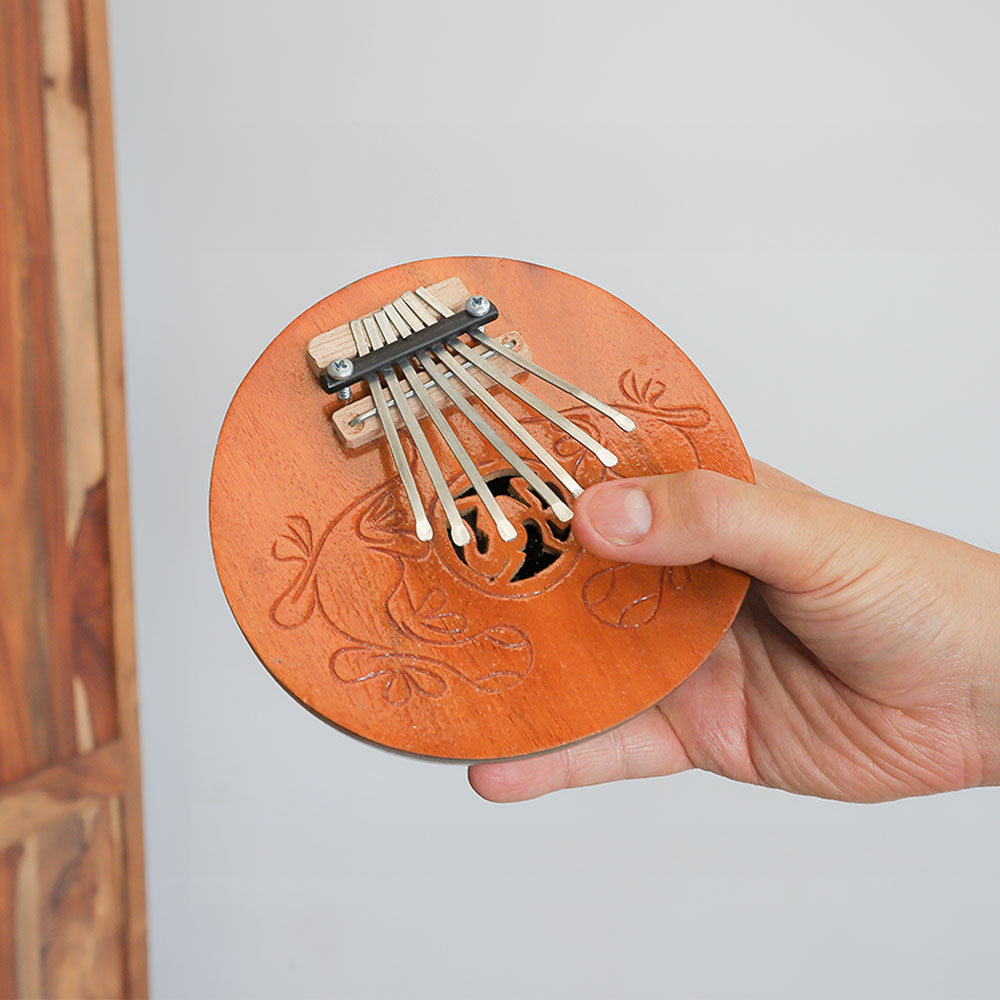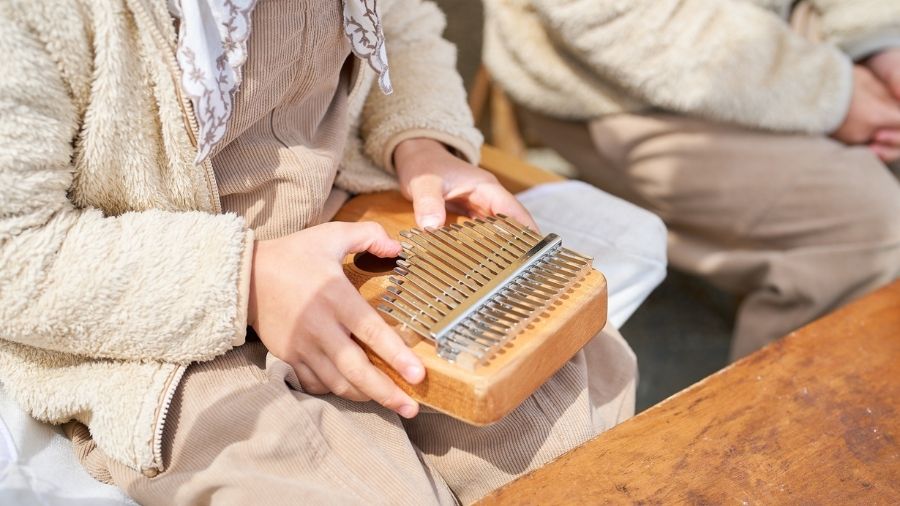Russian music is characterized by powerful melodies with high-energy rhythms, and is tied in with traditions, folk storytelling, and music from church. The instruments that are used are key in producing this type of music, such as songs like the Cossack, or for ballads that have an emotional connection with the audience. Here are some traditional instruments from Russia that can be used in a variety of music genres.
1. Balalaika

The balalaika is one of the most iconic Russian folk instruments. It has a triangular body and three strings, usually tuned to E-E-A. Played with fingers or a pick creates a bright, sharp tone. Balalaikas come in different sizes—from piccolo to contrabass—and are used in solo performances and orchestras. They're common in village dances, Soviet-era ensembles, and modern folk revivals.
2. Domra

The domra is a round-bodied string instrument similar to a mandolin. It has three or four metal strings and is played with a plectrum. This instrument often features in folk ensembles and works well with other instrument such as the balalaika. It has a crisp cheerful sound and creates an enjoyable harmony within the orchestra. The domra features in a lot of traditional Russian music.
3. Bayan (Russian Button Accordion)

This type of accordion is used in folk and classical music genres. This instrument is a chromatic button accordion. It plays a vital role in Russian and Eastern European music. The bayan can be used for solo performances or as part of an orchestra. It has a strong tone, which enables the player to create dramatic notes and add a powerful sound to the music.
The bayan features buttons on both sides of the instrument, and it produces melodic passages and complex harmonies. It's a central instrument in Russian folk and dance music and can be played solo or as part of an ensemble. Its deep, expressive tone suits everything from slow laments to fast polkas.
4. Gusli

The gusli is a traditional plucked string instrument, often seen as Russia's answer to the zither. It can be played on the lap or table and has 5 to 30 strings, depending on the version. It was previously used by storytellers to portray stories or to enhance songs. It was known as skomorokhi in previous times and has a harp-like sound, which produces a calming tone.
5. Lozhki (Wooden Spoons)
Wooden spoons, or lozhki, are percussion instruments in Russian folk music. This household item is used to create high-energy music for a variety of genres and works well with performances or dances. The lozhki's are typically decorated when used for creating music and are played in pairs or groups. The player will hit them against their knee, creating a fun rhythm.
6. Treshchotka

This instrument is regularly used in festivals and folk dances due to its energetic rhythm. The treshchotka is made from several thin wooden boards attached together to create this traditional Russian clapper. The boards hit each other when the player shakes it, which creates a sound similar to clapping hands.
7. Zhaleika

The zhaleika is a unique traditional Russian woodwind instrument, similar to a clarinet or folk oboe. Its single reed, made from wood, horn, or bark, produces a piercing and nasal sound. Often played for solo melodies in rural music, it remains one of the few wind instruments in traditional Russian folk settings. This instrument is still featured in Russian folk music.
8. Svirel
The svirel is an ancient Russian flute, typically made of wood or cane. It has a soft, whistle-like sound and is often used for slow melodies and pastoral scenes. The svirel predates many other Russian instruments and was historically used in village ceremonies and storytelling.
9. Kolyosnaya Lira (Hurdy-Gurdy)

The hurdy-gurdy, or kolyosnaya lira, is a mechanical string instrument played with a crank and keys. Turning the crank rotates a wheel that vibrates the strings while keys control the pitch. Though of European origin, the hurdy-gurdy (kolyosnaya lira) has been used in certain Russian regions, particularly those influenced by Western European and Polish traditions, for centuries.
10. Duduk (used in Russian regions)

Though the duduk originates from Armenia, it has found a place in traditional music in southern Russian regions. It's a double-reed woodwind with a soft, warm tone. Often used in emotional or ceremonial contexts, the duduk has become more popular in Russian folk fusion and film music, reflecting the blending of musical cultures across borders.







